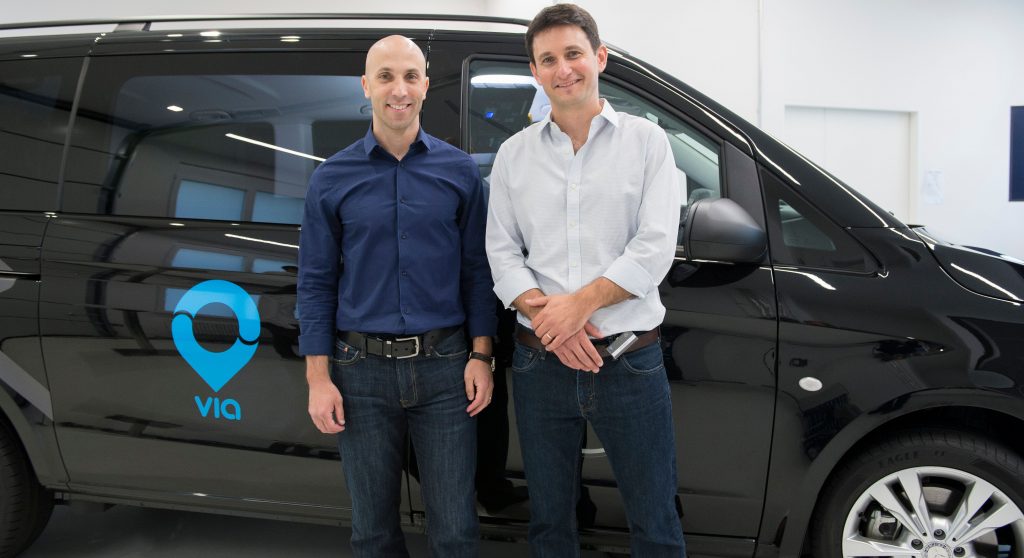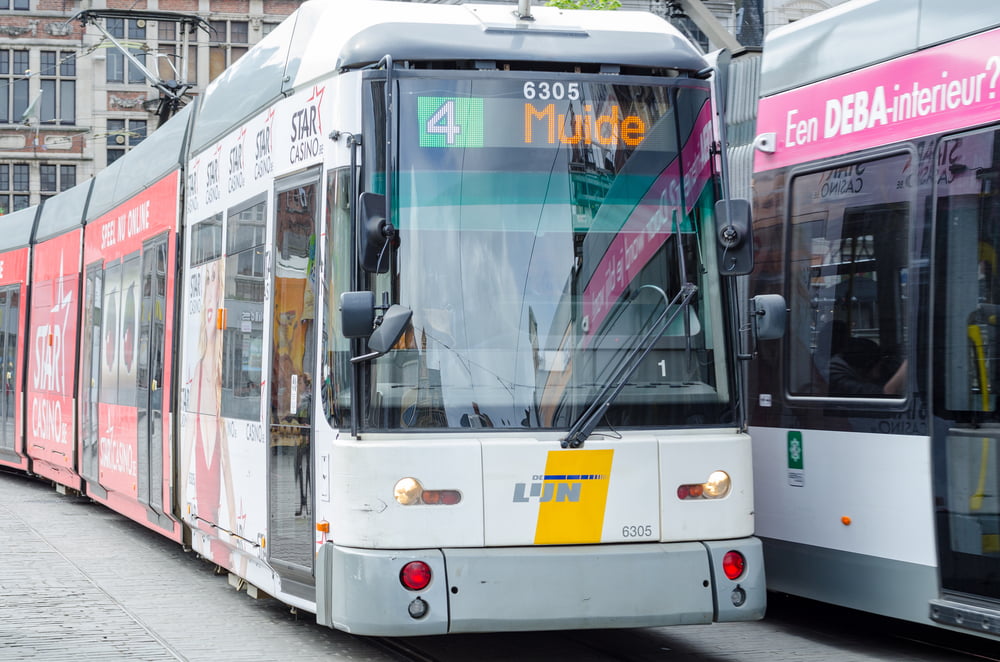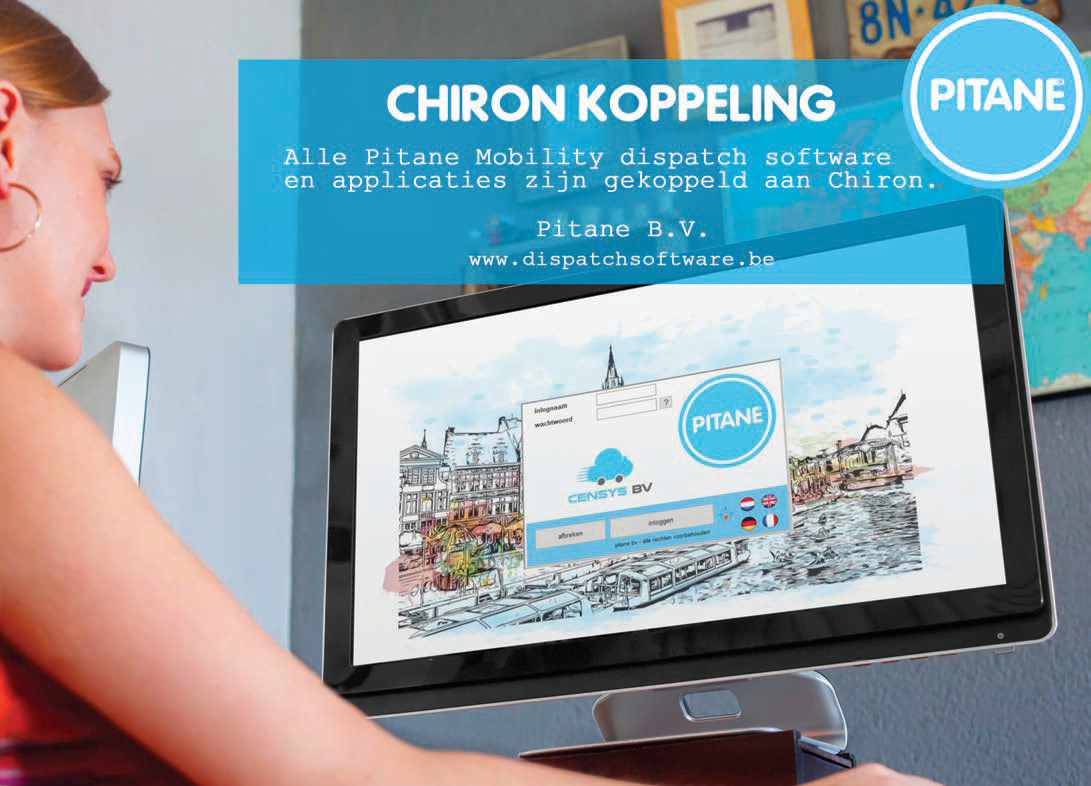The Flemish government is entering the next phase now that it has become known that the mobility center will come into the hands of the registration of the American company ViaVan. Flanders is going to use the same system as Amsterdam, London and Berlin to steer the reform of public transport in the right direction. It took the Flemish government more than two years to put out to tender the principles in the Basic Accessibility Decree of 3 April 2019, which state that the public transport offer is part of the total mobility network. Exactly one year ago it was already known that Via had come out as the winner, but a legal joust left Minister Lydia Peeters no choice but not to announce this yet.
In the meantime, the association of Flemish Cities and Municipalities, the association of Flemish Cities and Municipalities, previously asked Minister Lydia Peeters to postpone the launch date of basic accessibility by 6 months. Last Friday, Flanders has now definitively chosen the American company Via, via the Dutch BV ViaVan Technologies, to offer these rides. With call buses, taxis and shared cars or bicycles, the Flemish will soon have to complete 'the last kilometre'.
According to the Flemish government, in order to organize this properly and cost-effectively, there is a need to set up an umbrella mobility centre. The American company Via will receive an amount of 100 million euros from the Flemish government to develop a “mobility center” for a period of eight years. The operational management function for the Customized Transport will soon be performed by ViaVan as expected in the tender. The mobility center is responsible for planning, booking and paying for rides. The center provides information on all public transport, analyzes the user's transport questions and mobility options and makes referrals if necessary.
“The Flemish government has awarded a tender to an EU-based entity of an American company that uses the AWS cloud services. A Dutch company that was not chosen by the Flemish government in the tender procedure had previously challenged this decision with the Council of State"
ViaVan
A number of Dutch companies registered for the tender. The small TCA competitor ViaVan Technologies BV in Amsterdam, which registered as Combination Viavan GmbH, and River North Transit LLC USA, started a few years ago in Amsterdam. The Amsterdam-based company made headlines when it temporarily suspended its activities at the start of the pandemic last year and informed the ViaVan drivers by e-mail. In 2012, two Israeli entrepreneurs, Daniel Ramot and Oren Shoval, founded the company ViaVan in New York. They developed an algorithm that can link the number of passengers who want to go in the same direction in real time to the most suitable means of transport.
ViaVan is an international player that has its own partners in more than 20 countries and has millions of journeys carried out in these countries. In Berlin, ViaVan GmbH operates a mainly electric fleet for on-demand shared rides in the public sector. In Milton Keynes, they are rolling out the UK's first all-electric fleet for on-demand shared rides. In Amsterdam, passengers can book rides in electric vehicles with the eVia service. To gain a foothold in the European market, the American company entered into a joint venture with Mercedes-Benz in 2017 and named it ViaVan.

Council of State
The tender was awarded twice challenged at the Council of State by the Dutch company Qarin BV from Amsterdam and Rotterdam BV Mobility Center RMC. The first time the Flemish government had to justify its decision better, the second time the GDPR complaint was immediately rejected. The Council of State confirmed that the decision of the Flemish government to conclude a contract with an EU subsidiary of an American company that uses AWS cloud services does not infringe the GDPR. The Council of State relied, among other things, on guidelines from the EDPB and the Flemish Supervisory Committee, which mention encryption as a possible additional measure for data transfer to the US.
criticism WWSG and GTL
The transport regions had previously conditionally approved the core network and the supplementary network. VWSG sounded the alarm earlier and thought it would take extra months to get the new means of transport and support services operational after the tendering process for the tendering process for the mobility center and tailor-made transport, and to take care of communication with travelers. Taxi industry GTL was not too excited about that at the time to speak and indicated that this would mean another slap in the face of the Flemish taxi sector. The renewed transport was normally supposed to start on 1 January 2022, but due to legal concerns after the announcement of the results of the tender, which was contested twice, the announcement and launch was postponed.
The contract was awarded in 2020, after which it was time to switch quickly for the winner of this tender to have everything operational before 1 January 2022. Flanders finally dared to make choices. Many buses are now driving around uselessly and cost a lot of money, and that will soon come to an end if it is up to ViaVan and the government. Other companies that participated in this tender were Be-Mobile NV, Capgemini Belgium, Cronos Public Services NV, DVG Regie BV, Qarin BV, Shotl Transportation SL, Siemens Mobility NV/SA and Transvision BV.
Also read: Mobility center: matching supply and demand



